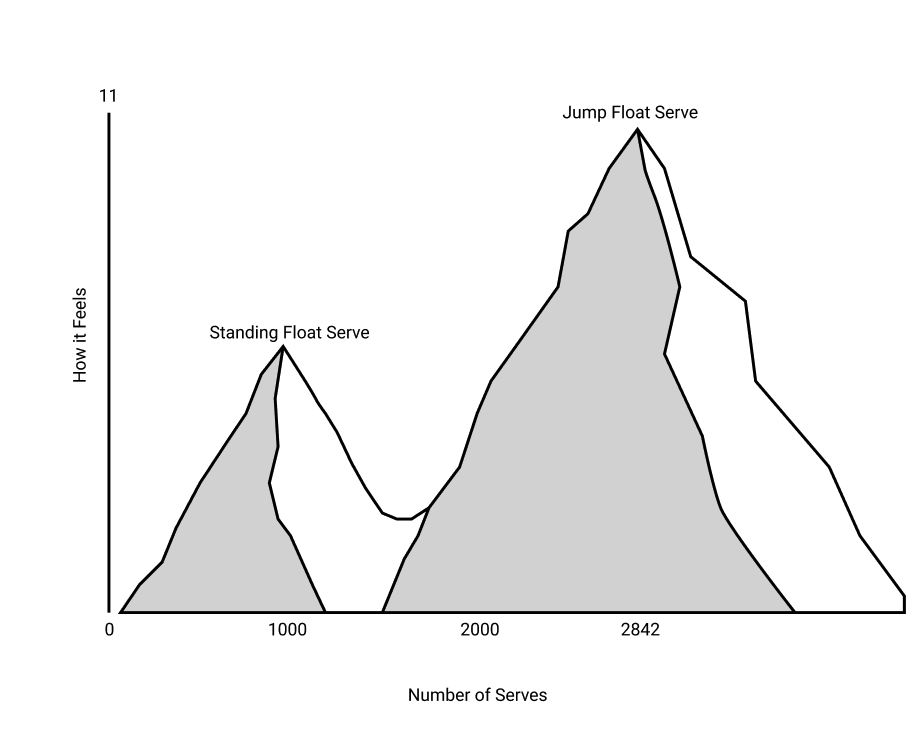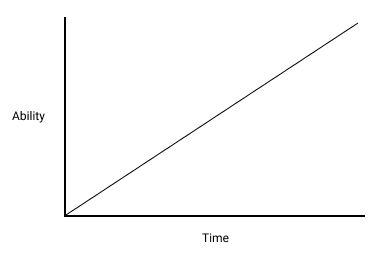Figma Is Underrated
communicationAs a backend dev I should not use Figma everyday. But I do. It’s underrated as a communication tool. It’s a digital whiteboard, available anywhere, great for people who can’t draw straight lines or lefties with bad handwritting (me), and —the real value— you can duplicate, modify, and rearrange anything. I’ve used it to explain volleyball drills, teach juniors how we use git, and discuss software architecture.



